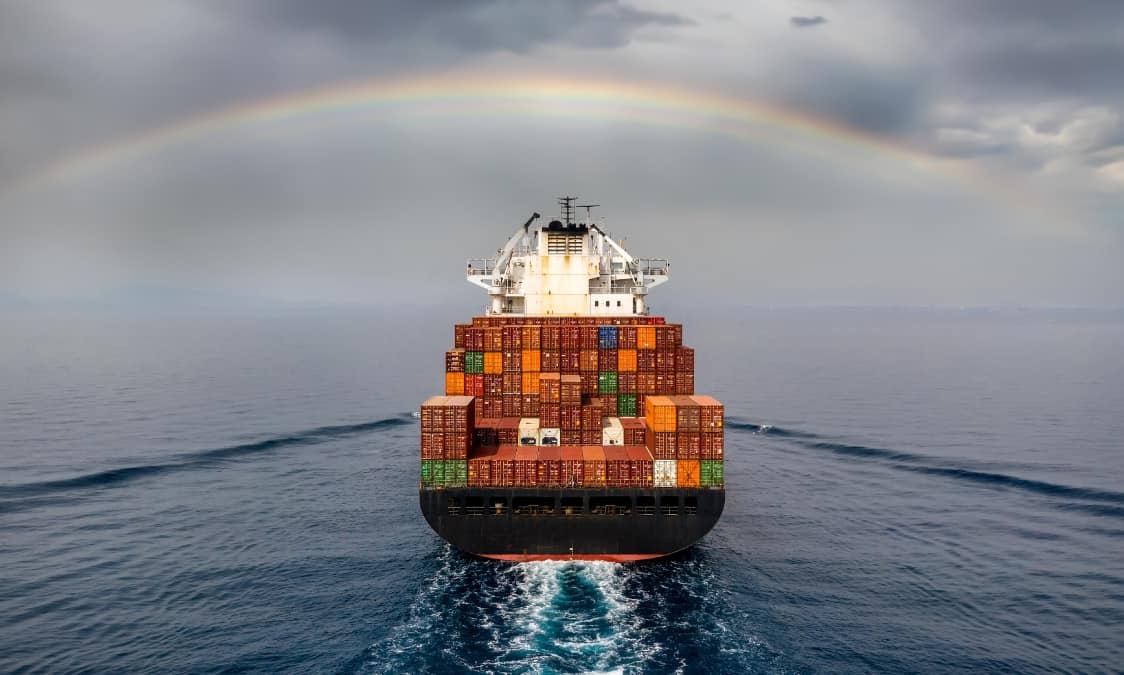The Novel Coronavirus 2019, also know as COVID-19, has been wreaking havoc the world over the past 20 months, since its discovery at the end of 2019. Not only has it brought communities and countries to its knees, with its catastrophic impact on population, medical industries and economies, global trade has been hit greatly with ports and shipping impacts by COVID-19 causing knock-on effects.
If you were to take just Asia and Pacific, the ports and shipping impacts by COVID-19 were investigated by the likes of UNESCAP which highlighted the socio-economic impacts that have been snowballing ever since its arrival and tis mutations thereon. As ports and shipping are the major means of which trade enters most of the countries in this region, economies and trade have been hard-hit from different perspectives as seen below.
In terms of ports and shipping impacts by COVID-19, taking progress of each country into consideration, the fact that if you take a city or the country has a whole, and the functional paralysis brought on by lockdown toward stopping the spread cause further knock-on impacts. From there, there was reduced production, collapse of different supply chain processes, and issues and confusion with regards to inland logistics, which were considered economic impacts. From reduced production brought on ship building delays, reduced raw material demand and also reduced energy demand and reduced oil prices which is detrimental to countries that supply those products and series. From thereon, the effect on the maritime industry could be seen. This caused it to slowdown in ship supply., there was lesser demand for dry bulk products and shipments, and not to mention, reduced demand for tankers.
As lockdown was established, many countries facilitated essential workers to ensure that the society and economy would not suffer, and facilitate toward the needs of the population, these containment measures also led to reduced production and inland logistics issues.
With regards to fear of infection, is what griped the socio-economic perspective the most. This led to changes in society, with changes in offline consumption and contraction, expansion of online consumption, and further social distancing measures. The likes of reduced offline (or in-store) purchasing led to a drop in merchandise trade and also reduced demand for container ships, thus also affecting ports and shipping impact by COVID-19.
As the ongoing COVID-19 is still impacting day-to-day life with the introduction of its Delta variant, there are many more impacts to be foreseen, one being commodity price hikes and inflation.

